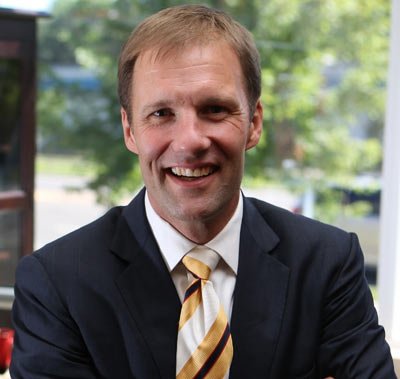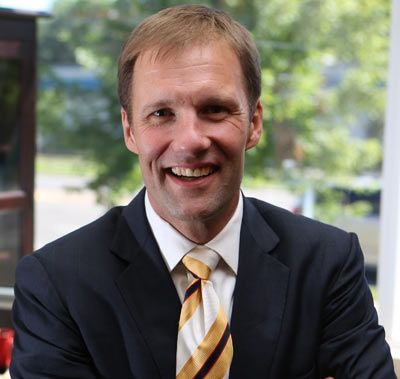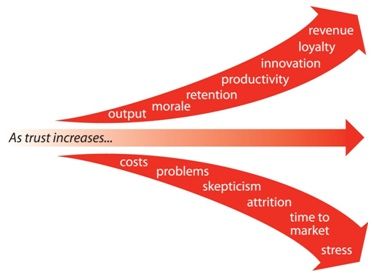THE REAL CRISIS AND 8 WAYS TO BEAT IT
Published by Gbaf News
Posted on March 13, 2014
6 min readLast updated: January 22, 2026

Published by Gbaf News
Posted on March 13, 2014
6 min readLast updated: January 22, 2026


David Horsager
We are in a crisis. World Economic Forum leaders recently declared that our biggest crisis is not financial but a lack of trust and confidence. We are in a trust crisis and few people really understand the bottom line implications. Not only does it affect credit and government relations, but it also affects every relationship and every organization. Just think of the impacts from a few of last year’s biggest trust breaches – the Cyprus bank fiasco, Edward Snowden leaks, Syria chemical weapons attack, horsemeat scandals in Europe, Lance Armstrong doping, & the Bo Xilai debacle. Professor John Whitney of the Columbia Business School found, “Mistrust doubles the cost of doing business.” I think it costs even more.
Without trust, leaders lose teams and sales people lose sales. Without trust we all lose productivity, retention of good people, reputation, morale and revenue. The lower the trust the more time everything takes, the more everything costs, and the lower the loyalty of everyone involved. However, with greater trust come greater innovation, creativity, impact, freedom, morale, and a bigger bottom line.
 In our ever-expanding global community, our ability to reach across borders has created amazing opportunities, but there is a challenge. Those opportunities do not always come easily, as we struggle to learn about the unfamiliar and wonder if we can trust what we do not yet understand.
In our ever-expanding global community, our ability to reach across borders has created amazing opportunities, but there is a challenge. Those opportunities do not always come easily, as we struggle to learn about the unfamiliar and wonder if we can trust what we do not yet understand.
Trust is not just a “soft skill” – it is the fundamental key to all lasting success. Though it may appear intangible, it is actually a measurable competency that can deliver real results in both our personal and professional lives.
Based on my graduate research, and over a decade of leadership consulting, it has become clear that trust is the world’s most precious resource. No matter your position in life—parent, CEO, or soccer coach—your ability to inspire trust has a direct impact on your influence and success.
There are eight pillars that are identified in my research that are key to building and supporting trust.
Right now we have an opportunity to be agents of change. We cannot regain trust in business or government if we do not trust each other, and it starts with you. It is through individuals that we can rebuild trust in our communities and our institutions. Have the courage to act on what you know to be true: that trust is the foundation of all genuine and lasting success.
David Horsager, MA, CSP, is an award-winning speaker, business strategist, and an author of the National Bestseller The Trust Edge: How Top Leaders Gain Faster Results, Deeper Relationships, and a Stronger Bottom Line. His work has been featured in such publications as The Wall Street Journal, Fast Co., and SUCCESS Magazine, and his clients range everywhere from the US Congress and New York Yankees to Well Fargo and Goodyear Tire. Learn more and get free resources at www.DavidHorsager.com and www.TheTrustEdge.com.
Explore more articles in the Finance category
